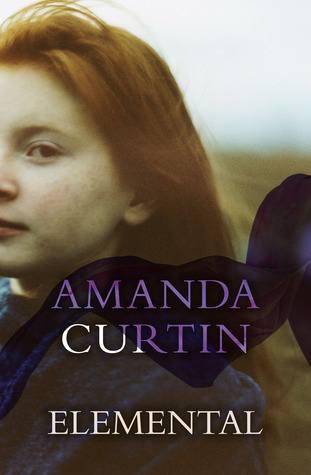What do you think?
Rate this book


436 pages, Paperback
First published May 1, 2013
…when things change, something new enters the space you live in, something you must move with, turn to, chafe against, until you ease a new shape for yourself. But something is lost, too, in the changing, some small piece of your world is gone for good. (54)
Elemental, these small moments of boundarylessness, of finding your place beside butterflies in the order of things. (431)